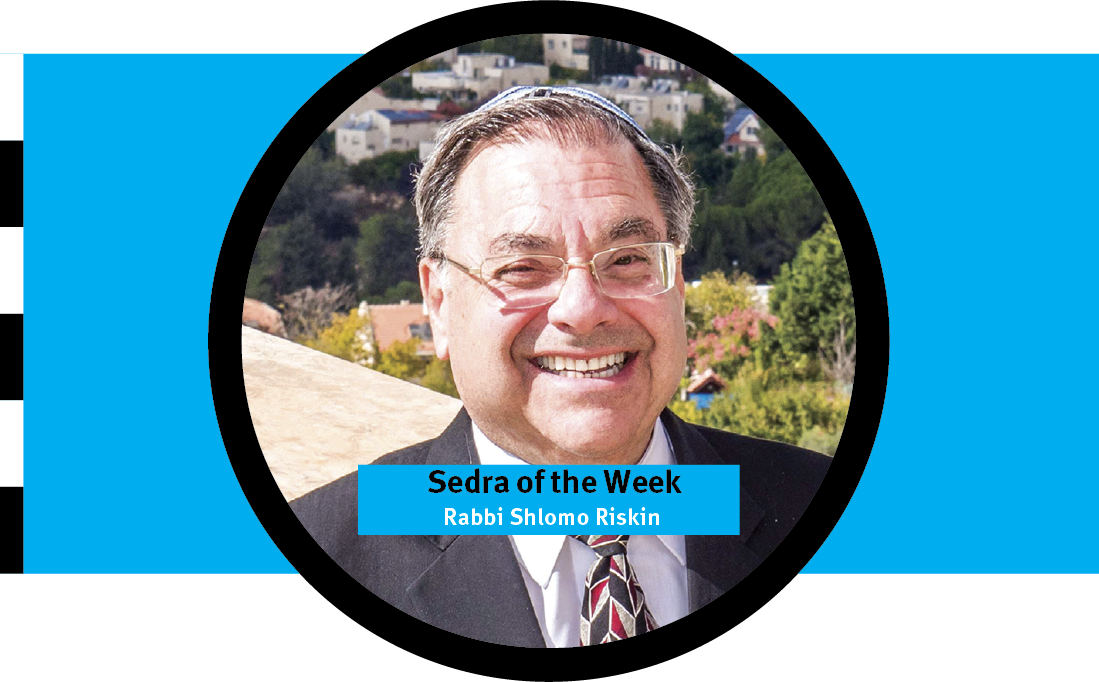Efrat, Israel – “When a matter shall arise for you too wondrous for judgment, whether it be capital, civil, or ritual, you shall go up to the judge of those times, and according to the law which they shall teach you, and according to the judgment which they shall tell you to do, do not stray neither from the right nor the left of the word that they declare to you” [Deut. 17:8–11].
In an era when strict interpretations of Jewish Law are in vogue, and when Orthodox rabbis who render decisions with a broader perspective face withering personal and professional attacks, we would do well to revisit the concepts of freedom of thought and the right of dissent within the realm of Jewish Law. Is there, in fact, room within the Jewish legal system for individual freedom and conscientious objection to majority opinions?
For guidance, let us look at the model of the Sanhedrin in Jerusalem. To what extent did the sages of that august legal body admit pluralism into the halls of their debates? In truth, the Sanhedrin always encouraged dissenting opinions, even beginning their judicial inquiry with the views of the youngest and least learned, to encourage everyone to state his opinion without being intimidated by the views of more senior colleagues.
But there are limits to this pluralistic spirit. For instance, a member of Sanhedrin must not oppose the authority of the judicial majority. One who does is categorized as a rebellious elder (zaken mamreh), and his offense is considered a capital crime [Babylonian Talmud, Sanhedrin 87a], assuming that he proactively attempts to influence others to defy the court in practice.
However, the law of the “rebellious elder” is shaded with subtleties. The aforementioned passage in the Talmud points out that one is not condemned as a zaken mamreh if the disagreement is limited to verbal preaching against the decision, while accepting the ruling in practice. Furthermore, not only does one who disagrees have a right to do so, he is obligated to explain the reasons for his disagreement. After all, if he is correct, he may eventually convince others to see things his way.
What happens, however, if the dissenter is a “conscientious objector”? Fascinatingly, the first mishna in Tractate Horayot forbids a scholar from performing an act that the Sanhedrin permitted but which he believed was prohibited, noting that if a recognized scholar knows that a decision of the Sanhedrin is incorrect, but he nevertheless acts in accordance with the majority, he has committed a transgression and must bring a sacrifice! In other words, not only may he go against the majority, but failure to do so is a sin that requires ritual atonement.
Our sages add, “One might think that even if they tell you that right is left and that left is right, you must nevertheless listen to them? It is for this reason that the Torah specifies [do not stray from] right and left, in order that you may understand that only when they tell you about the right this is right and the left that is left, then must you listen to them” [Jerusalem Talmud, Horayot 1:1].
These sources clearly guide the sage to follow his conscience when he is firmly convinced of the correctness of his position. If he ignores his own knowledge as to what constitutes a correct practice, his transgression in following the incorrect view of the Sanhedrin obligates him to bring a sacrifice. [An important exception to this rule of freedom of dissent is the calendar, since nothing ensures the unity of the Jewish people and threatens our fragmentation more than the calendar. In that regard, there must be unanimity.]
Support for the Sage’s right to dissent is further found in Tractate Eduyot [5:6], where we read that the sage Akavya ben Mahalalel disagreed with the majority opinion on four issues. He was offered the coveted position of Av Beit Din, second-in-command of the Sanhedrin, but only on condition that he change his mind on his dissenting opinion. Akavya’s response was that he would rather be called a fool all his days and not be considered wicked before God for even one moment for having sacrificed his vision of truth for the lure of high rabbinic office.
The mishna goes on to record one view that maintains that Akavya was excommunicated and that when he died the court threw stones upon his coffin. However Rabbi Yehuda vehemently disagrees: “Heaven forfend that Akavya would have been excommunicated, for the courtyard of the Holy Temple was never closed in the face of a Jew as great in wisdom and in fear of sin as Akavya ben Mahalalel.”
Rabbi Yehuda names a different sage whom the court excommunicated and whose coffin was pelted with stones. The conclusion of this mishna courageously affirms the right of conscience of an individual scholar granting accolades to Akavya for refusing to bend to the will of the majority.
Perhaps the confusion between Akavya and the other figure is the mishna’s subtle way of stating that going against the majority demands a price. Many will not understand what you are doing; your coffin may be pelted with stones. But in the end, your name will be cleared and your courage will be praised. As long as wisdom, reverence for God, and fear of sin motivate your decisions, you dare not mute your individual conscience when you enter the courtyard of the Holy Temple of Jewish law.
Shabbat Shalom
Rabbi Shlomo Riskin
Founder & Rosh Yeshiva,
Ohr Torah Stone
Founding Rabbi of Efrat





